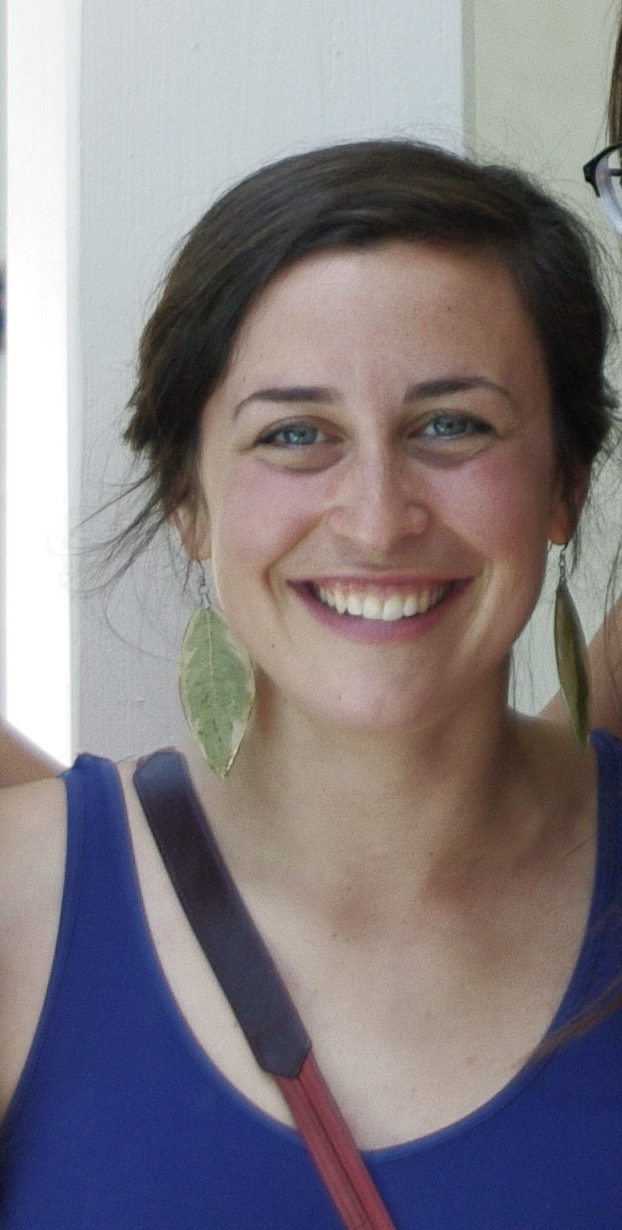Ways the Digital Sphere Can Nurture Arts Engagement
April 17, 2013by Anna Goren
ALLY Outreach/Engagement Intern & Guest Blogger
National Alliance of Media Arts & Culture
(View post on #artsENGAGE Tumblr Blog)
Though I’m young enough to pass as a digital native, I’m old enough to remember a quiet time before there was facebook.
I remember well my first, naïve foray into the vast expanses of the internet, before I knew just how deeply it would change our world. When our family finally signed up for AOL, I remember meeting up with my friends at lunchtime and whispering excitedly about our plans to meet on instant messager later that evening. I would rush to the living room after dinner and wait impatiently for the neolithic, sputtering sounds of dialup to finish on our HP Pavilion, so that I could make my virtual date.
I remember one evening my dad looking over from the couch, puzzled at the unfamiliar sounds of internet chatter, asking what we had to talk about, given that we spent all day together.
The truth was — very little. We had at least two breaks and recess to catch up in person that day, and knew with confidence we would see each other at eight thirty the next morning, as we did each morning of the fourth grade. We were so smitten with the internet, that the content of our conversations fell second to the novelty of mode and mechanism.
My dad, who still hunts and pecks at his keyboard with one index finger, asked a question that day that foreshadowed many of the fears that would unravel around the rapid connectedness that the digital age has brought. In his state of digital innocence, he was curious as to why I would settle for a conversation—void from body language, laughter, expression, or feeling—when I could just have a real one.
Many have said that the internet, social media, and the ‘age of information’, all meant to bring us closer together, are actually isolating us. The fears are real, and valid. As the US Mail slowly goes out of business, once ordinary moments of human connection and mindfulness are slowly being replaced with some form of productive communication and/or information sharing. The moment when you once might have looked your waitress in the eye to say ‘thank you’ as she delivers your check is now an opportunity to check for a long-awaited e-mail on your iphone. Since I was in the fourth grade, hundreds of new laws have been written against texting and driving, longitudinal studies have been chartered about the long-term effects of cell-phone use, and ‘Internet Studies’ is now a program offered at major universities.
The arguments for and against globalization, social media, and the internet go on and on over dinner tables and on the blogosphere all over the world. One thing is for sure, as aesthetics and art go in and out of fashion (and then in, again), the internet and the unprecedented connectedness it brings, are apparently here to stay.
Art exists, if nothing else, to create the most authentically human of experiences – feeling and expression. The arts have been used as a tool for activism, storytelling, education, and preserving cultural memory and peoplehood in arguably more powerful ways than any politicking or graduate degrees could do. As the arts jump into the digital age and slowly chip away at the ‘fourth wall’, engaging audiences to participate and become a part of the process, we move towards humanity, and not away from it.
With arts engagement, there exist unique opportunities to reduce some of the longstanding barriers that have existed in more traditional forms of art exchange, and for mobilizing communities for social action. The A Lot Like You (ALLY) Project, an engagement campaign stemming from the documentary film with the same name, aims to do just this. ALLY is able to harness the energy created by the power of a beautiful film that tells a story, to have important conversations across countries, gender, race, and class about the social issues raised. We are able to educate, inspire, and connect through a work of art that is also a work of activism. This would not be possible without the engagement tools of the internet, social media, and the other trappings of the digital age.
So, fear not, luddites and digital immigrants — the world we live in need not be so scary, after all.

